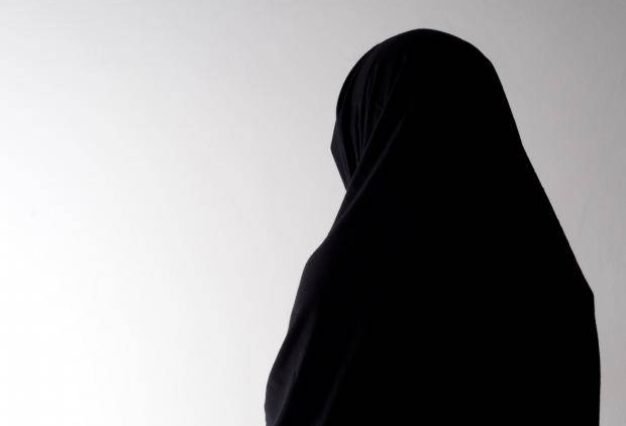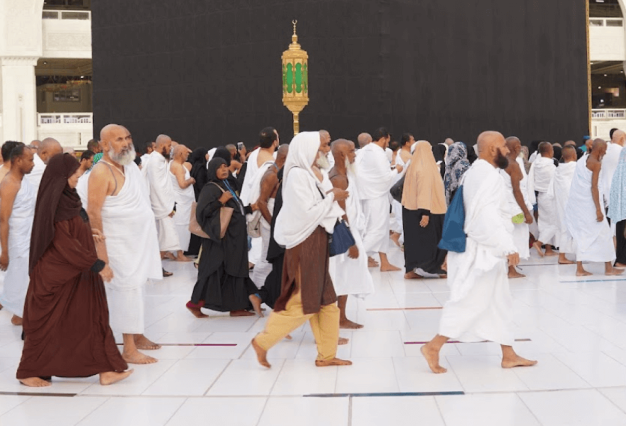Answered by Shaykh Yūsuf Badāt
Question:
I am going through an early miscarriage (11 weeks). My OB has informed me that my pregnancy will not survive and my body will naturally start the process of miscarriage. I have been spotting for a few days – which is already an indication of my body realizing and starting the process.
My question is: am I allowed to pray and touch the Qur’ān during this time? Can I pray when my body starts to dispel the contents and I have heavy bleeding for a few days? When should I resume prayers, if I am not allowed to pray during this time?
Thank you in advance. I appreciate your response.
Answer:
We express our sympathies to you in the difficult situation. We pray the Almighty bless you with healthy offspring in the near future. The Prophet (peace and blessings be upon him) indicates that the parents who go through a miscarriage will be entered into Paradise.
To answer your queries, kindly note that the spotting you are experiencing now is regarded as istiḥādhah (irregular bleeding). Therefore, you will make wudhū for every ṣalāh timing. That wudhū will last for the entire duration until the next prayer timing does not start. At that point, you will refresh your wudhū. In this state of istiḥādhah, you may pray, fast and touch the Qur’ān.
Once the contents exit from your body, the blood that follows is considered nifās (post natal), provided some shape of the baby’s body was formed. At 11 weeks, as you have described in your query, most of the body is formed. Hence, the blood is post-natal. In this state, ritual prayer, ritual recitation, fasting, touching the Qur’ān and marital intercourse are all forbidden.
“Umm Ḥabībah bint Jahsh suffered istiḥādhah (non-menstrual vaginal bleeding) for seven years. She complained about that to the Messenger of Allāh (peace and blessings upon him) and the Messenger of Allah (peace and blessings upon him) said, ‘That is not menstruation; rather that is [bleeding from] a vein, so wash then pray.'” (Nasa’ī)
“At the time of the Prophet (peace and blessings be upon him), women in postnatal bleeding used to wait for forty days [before resuming ritual prayer and recitation].” (Musnad Aḥmad)
‘Abd Allāh ibn ‘Omar (may Allāh be pleased with him) reports that the Prophet (peace and blessings upon him) said, “A menstruating woman or a seminally defiled person should not recite any part of the Qur’ān”. (Tirmidhī and Bayhaqī)
And Allāh Knows Best




